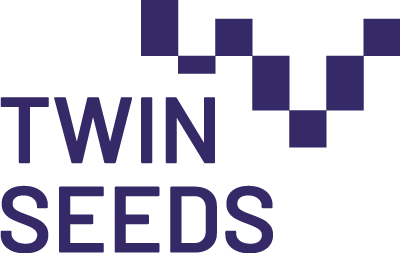In a collaborative endeavor alongside our sister projects, ReSChape and RETHINK-GSC, TWIN SEEDS took active participation in a joint webinar, thoroughly exploring the dynamics of European supply chains within the context of globalisation. The webinar provided a comprehensive platform to analyse the multifaceted challenges – social, economic, and environmental – faced by these supply chains, while also advocating for a transformative shift towards bolstered resilience and sustainability.
Roberta Capello, representing Politecnico di Milano and leading the TWIN SEEDS project, delivered a compelling introduction to our initiative focused on fostering sustainable and inclusive trade patterns. TWIN SEEDS is committed to unraveling the complex geographical restructuring of value chains, with a strong emphasis on promoting sustainability and inclusivity. Our project's examination of the impacts of the COVID-19 pandemic on Just-in-Time (JIT) businesses shed light on the intensified competition for jobs and income within the EU. Additionally, it underscored the pivotal role of regional policies and collaborative strategies in mitigating the employment impacts of JIT production restructuring, with the EU Cohesion Policy emerging as a potent tool for fostering fairness and regional equality amidst these challenges.
Moreover, Márta Bisztray from KRTK – Institute of Economics, shared insights from the Rethink-GSC project, shedding light on the evolving landscape of global value chains. Through an ongoing survey targeting manufacturing firms across diverse countries, the aim is to unveil the impact of disruptions on supplier-buyer relationships, with a particular focus on the crucial role of knowledge flows. The survey findings highlighted the evolving procurement patterns and responses to disruptions induced by COVID-19 and geopolitical tensions, emphasizing the necessity for diversified sourcing strategies and effective communication channels to navigate uncertainties.
Lastly, Dimitra Kalaitzi from Aston University illuminated the ReSChape project, which aims to reshape supply chains for positive social impact amidst uncertainties and disruptions. While presenting strategies for enhancing social sustainability across supply chains, the significance of regulations and collaborative efforts were duly emphasized. Insights gleaned from our survey of manufacturing companies underscored the diverse preferences for supplier development approaches across different regions, echoing the nuanced nature of sustainability initiatives.
In conclusion, the webinar served as a testament to the importance of collaboration, innovation, and knowledge sharing in fortifying supply chains against disruptions and advancing social impact. Through platforms like the Miro board, we continue to gather valuable feedback and insights, fueling our collective mission towards a more sustainable and resilient future for European supply chains.
In case you missed it, the full recording of the webinar is available here.
